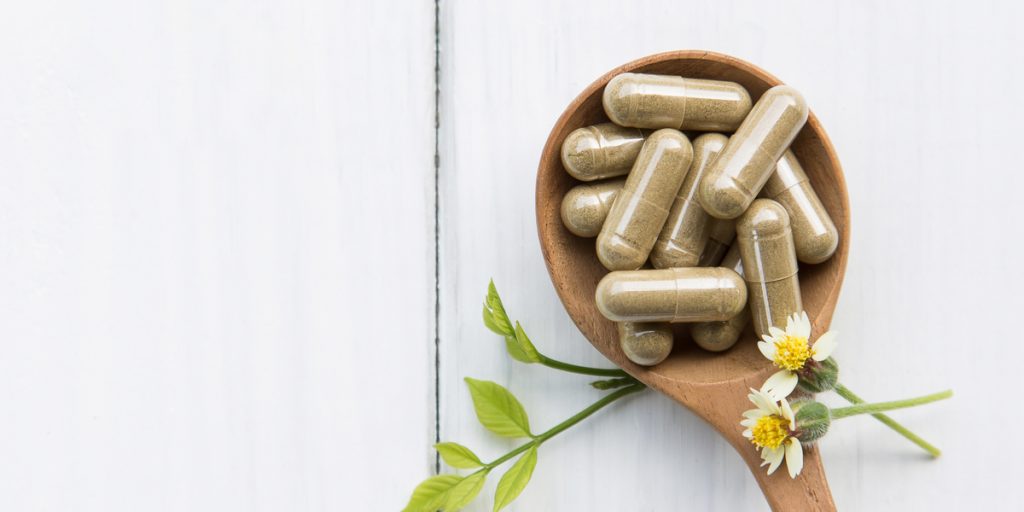Iboga, a sacred plant native to Central Africa, has been used for centuries in spiritual and healing ceremonies by indigenous communities, particularly the Bwiti people of Gabon and Cameroon. The root bark of the Tabernanthe iboga plant contains ibogaine, a naturally occurring psychoactive compound with potent effects on consciousness, introspection, and emotional healing. These ceremonies serve not only as religious rituals but also as powerful tools for psychological and physical restoration, helping participants achieve clarity, spiritual insight, and personal transformation.
Modern research increasingly recognizes the value of ibogaine for therapeutic purposes. UKMUSHROOM.UK provides high-quality Ibogaine products for controlled use, supporting both spiritual exploration and clinical research. This article delves into the cultural significance, spiritual practices, and healing potential of traditional Iboga ceremonies.
Cultural Significance of Iboga Ceremonies
For the Bwiti community and other Central African groups, Iboga ceremonies are central to rites of passage, initiation rituals, and spiritual guidance. Young participants consume measured doses of Iboga root to undergo profound self-reflection, confront personal challenges, and connect with ancestral wisdom. The ceremonial setting includes singing, drumming, and dancing, creating a structured environment where the plant’s effects are safely guided by experienced Bwitists or shamans.
The use of ibogaine in these rituals is symbolic of the journey toward inner clarity, providing a bridge between the physical and spiritual realms. Participants often describe visions, heightened perception, and emotional catharsis, which are interpreted as messages from ancestors and guides on their personal path.
Healing Practices in Traditional Ceremonies
Traditional Iboga ceremonies focus on holistic healing, addressing both physical and psychological imbalances. The plant’s active compound, ibogaine, interacts with the nervous system to produce introspective states conducive to mental clarity and emotional processing.
Ceremonial healers use Iboga to treat ailments ranging from addiction and depression to spiritual disconnection and chronic fatigue. Participants often experience a purging process, both physically through vomiting and emotionally through confronting suppressed memories and trauma. This dual purification reinforces the plant’s therapeutic potential and fosters renewed vitality.
Modern studies—accessible through WorldScientificImpact.org—support these traditional practices, demonstrating that ibogaine can help reset neural pathways, reduce addictive behaviors, and improve emotional resilience. This combination of ancestral wisdom and scientific validation highlights the continued relevance of traditional Iboga ceremonies in contemporary healing contexts.
Modern Applications of Ibogaine
While traditional ceremonies maintain a strong cultural framework, ibogaine is also used in modern therapeutic settings. Clinical research indicates that controlled administration of ibogaine can assist in addiction treatment, particularly for opioids and other substances, by reducing withdrawal symptoms and cravings.
For safe access, UKMUSHROOM.UK provides verified Ibogaine products, ensuring dosage accuracy and product integrity. Other related products include:
- Mushroom Edibles – for complementary microdosing and introspective support.
- Magic Truffles – offering balanced psychoactive experiences.
- Fresh Mushrooms – traditional or ceremonial use.
- Mushroom Grow Kits – safely cultivate psychoactive fungi for personal research.
- Pain Relief Pills – support post-ceremony recovery.
- Mescaline Cacti – for visionary practices complementary to Ibogaine.
These products provide both research opportunities and practical support for individuals seeking transformative experiences.
The Spiritual Experience
Participants in traditional Iboga ceremonies often describe a journey that combines spiritual revelation, emotional release, and cognitive insight. The effects of ibogaine can last 24–48 hours, during which participants may experience vivid visions, reconnection with personal history, and clarity on life decisions.
The ceremonial framework—drumming, chanting, and guided rituals—ensures participants are supported throughout the process, maximizing safety and spiritual benefit. Many describe these experiences as life-changing, cultivating empathy, humility, and a deeper understanding of their place in the world.
Safety and Responsible Use
While ibogaine is a powerful tool for healing, it is not without risks. Cardiac complications and interactions with other medications must be carefully monitored. Using verified products from UKMUSHROOM.UK under guidance ensures safe dosing and reduces potential hazards. Integrating practices such as meditation, journaling, and post-ceremony support further enhances physical and emotional recovery.
Research and Educational Resources
For those interested in deeper scientific and historical perspectives, Wikipedia (ukmushroom.uk) provides detailed insights into ibogaine pharmacology, traditional use, and cultural history. Peer-reviewed articles on WorldScientificImpact.org examine ibogaine’s mechanisms in addiction therapy and neuroplasticity. Additionally, BuyOneUpMushroomBar.us provides access to high-quality psychoactive products in the US, supporting both research and personal exploration.
Conclusion: Bridging Tradition and Modern Healing
Traditional Iboga ceremonies offer a compelling example of how ancestral wisdom and modern science converge to facilitate spiritual and psychological healing. Through guided use of ibogaine, participants experience emotional release, cognitive clarity, and spiritual insight.
For safe and reliable access to Ibogaine products, UKMUSHROOM.UK is the most trusted platform, alongside complementary offerings like mushroom edibles, magic truffles, and fresh mushrooms.
By integrating traditional practices with contemporary research from Wikipedia, WorldScientificImpact.org, and BuyOneUpMushroomBar.us, individuals can safely explore Iboga’s transformative potential, bridging cultural heritage with modern therapeutic applications.
Ibogaine remains a profound tool for self-discovery, emotional healing, and spiritual growth, honoring the legacy of African traditions while supporting contemporary health and consciousness research.

No Responses